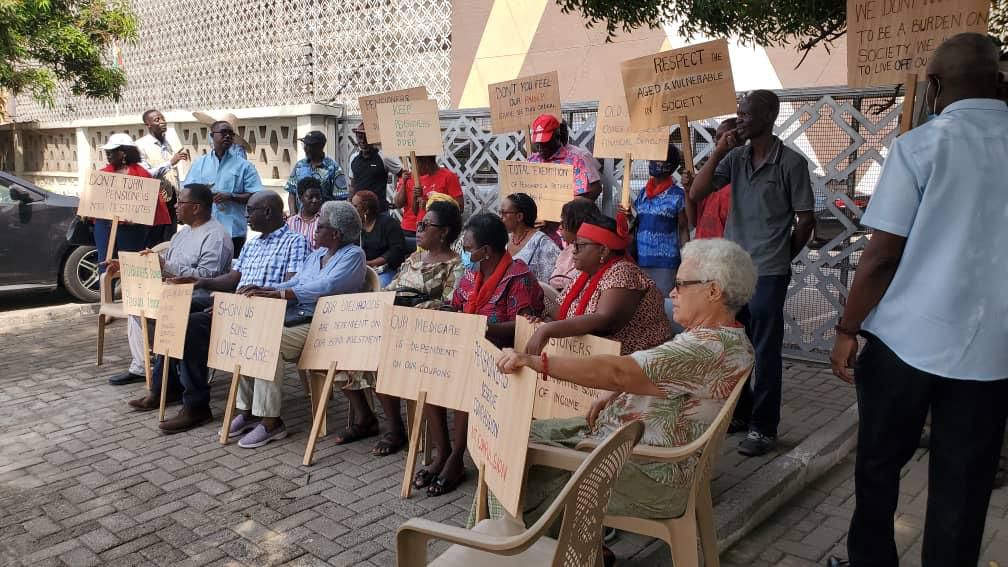SSNIT may be broke by 2036, may not pay pensioners fully and timely - ILO warns
)
As reported by myjoyonline.com, the ILO referenced a study indicating that SSNIT is projected to exhaust its funds by 2036, jeopardizing its ability to meet pension obligations in full and on time.
According to the report, SSNIT's income will fall short of covering its annual expenditures starting as early as 2029. This shortfall will initiate a gradual depletion of the trust's reserves, leading to complete exhaustion by 2036. The reserve ratio, which currently stands at 3.4, is forecasted to plummet to zero by the critical year.
"The reserve starts to decrease. During the year 2036, the reserve drops to zero,” the report stated, underlining the severity of the situation.

A significant contributing factor to this impending crisis is the delay in government contributions deducted from public sector workers' salaries. As of December 2021, the government owed SSNIT a staggering GH¢9.35 billion, with GH¢6.9 billion of this sum resulting from late payments.
“Past experience suggests that, by not paying on time and not paying the interest income on delayed contributions, the government shifts an important part of the cost to the private sector,” the study stated, highlighting the adverse consequences of the government's tardiness in remitting contributions.
This delay has not only strained SSNIT's financial health but has also impacted its investment returns, reducing them by 1.3%.
The implications of SSNIT's imminent depletion extend beyond pensioners; it threatens the stability of Ghana's social security system and the well-being of its citizens. Urgent action is needed to address the underlying issues and ensure the sustainability of SSNIT for future generations.
Efforts to mitigate this crisis may involve revising contribution policies, enhancing oversight mechanisms, and fostering greater collaboration between the public and private sectors. Failure to act decisively could have far-reaching repercussions, jeopardizing the financial security of countless retirees and undermining the nation's social welfare infrastructure.
)
)
)
)
![Messi visit turns ugly in Kolkata as frustrated fans revolt at stadium [Video]](https://sportal365images.com/process/smp-images-production/pulse.com.gh/13122025/063490d8-7f44-4fee-ae15-4e386efec018.jpg?operations=autocrop(112:112))
)